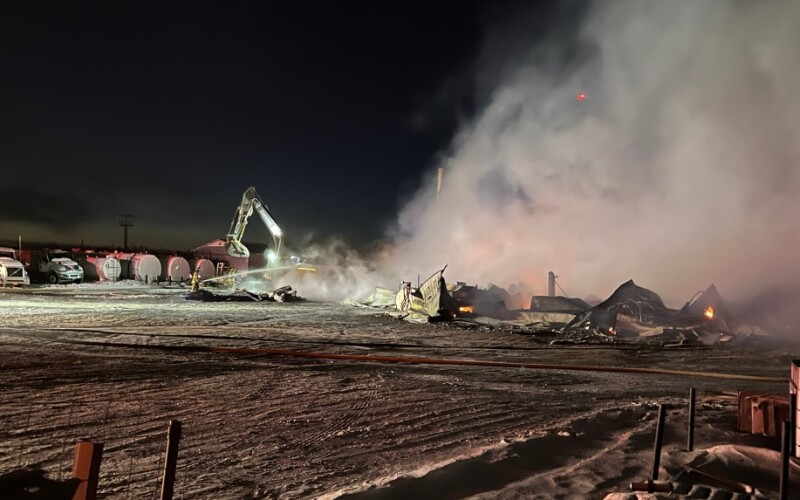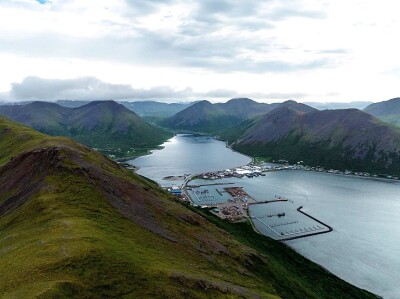Portage, New Brunswick, Canada-based W.E. Acres Crabmeal suffered a catastrophic fire on Friday, Feb. 3 resulting in the destruction of its seafood processing plant.
W.E. Acres Crabmeal produced fishmeal and fertilizer, according to owner Jim LeBlanc. He told CTV News an explosion in an oil drum stored inside the facility ignited the fire.
Four people were inside the structure when the fire burned, including LeBlanc, but all escaped, and just one worker went to the hospital for treatment of second-degree burns.
"Myself and one of my coworkers were injured, like burnt... first and second-degree burns. We'll heal," he said.
Ronald Cormier, deputy fire chief in the nearby town of Cap-Pelé, New Brunswick, told the CBC the cause of the fire remains unknown but that it appeared to be accidental. Seven fire departments battled the fire for hours, he said.
There has been a rash of fires at seafood processing plants in New Brunswick in recent years.
Cap-Pelé previously saw five seafood processing structures belonging to M&M Cormier Fisheries, including three smokehouses, burn in September 2021
This fire marks one of many fish plant fires in the last few years in the Cap-Pelé area, including M&M Cormier Fisheries in Petit-Cap, Botsford Fisheries in Beaubassin-est near Shediac and Cape Bald Packers in Cap-Pelé. Two additional smokehouses burned in Shediac, New Brunswick, in September 2021. Thai Union’s Chez Nous lobster processing factory in Tracadie-Sheila, New Brunswick, Canada, burned in May 2020.
And fires completely destroyed the Cape Bald lobster processing plant in Cap-Pelé, New Brunswick, and a separate Cape Bald Packers lobster facility in Richibucto Village, New Brunswick, in February 2019. The company built a 50,000-square-foot facility to replace its Cap-Pelé plant, which opened in 2021.
In February 2019, David Deveau, the president, and CEO and CEO of Riverside Lobster, which is owned by private equity group Champlain Financial Corporation, which purchased Cape Bald Packers in February just before the fires occurred, told SeafoodSource the company had questions about what caused them, given the close timing between them.
“If it was bad luck, we’ll have to live with it. If it was something else, that’s very unfortunate and discouraging,” he said. “As a group, we are only trying to do good things. It’s all about supporting a growth that is there to build on – improving quality and expanding markets. That vision will be a win for everybody. There’s a great market in lobster, but if you can’t supply it properly or protect it, you lose it in time.”
This story originally appeared on SeafoodSource.com and is republished here with permission







